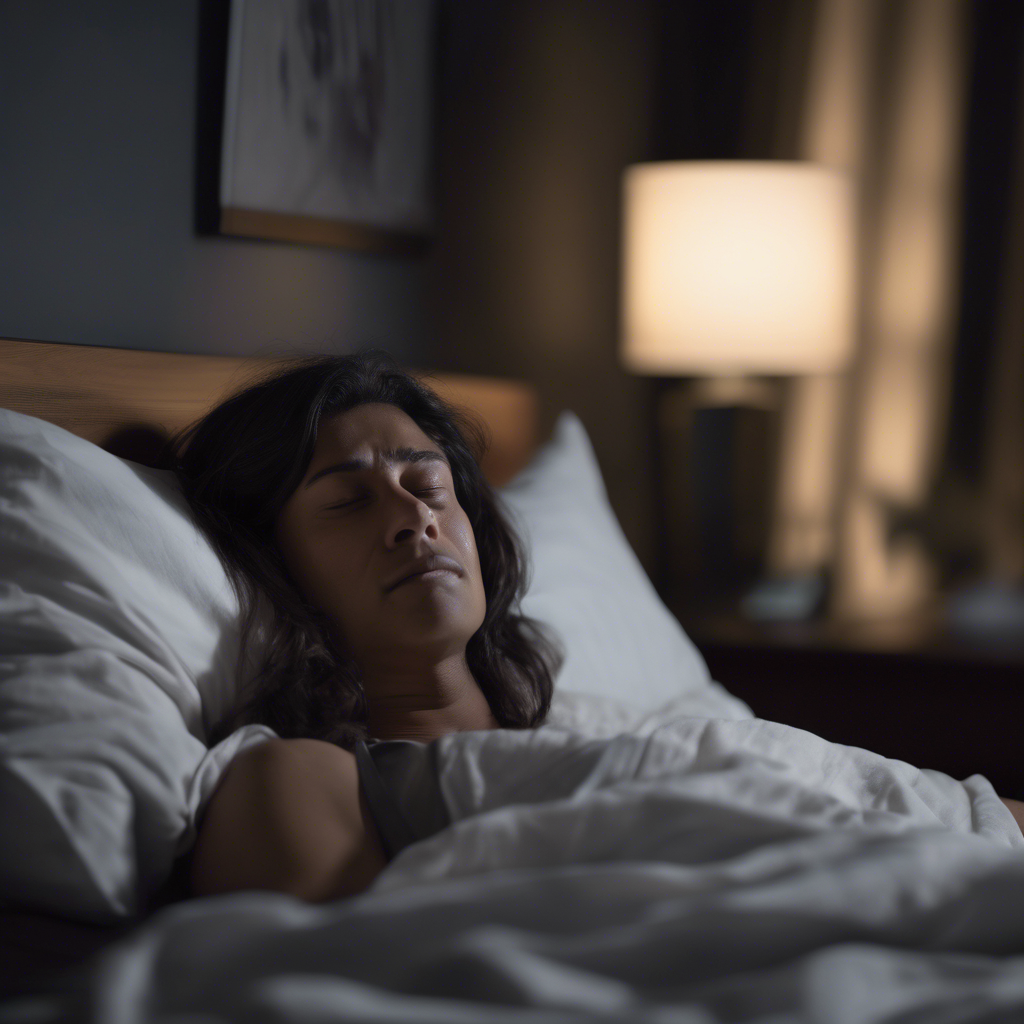Nocturnal symptoms, also known as nighttime symptoms, can significantly impact a person’s quality of life. These symptoms can range from mild discomfort to severe distress and can be associated with various medical conditions. Many people experience nighttime symptoms, and it is essential to understand how common they are and what can be done to manage them.
Prevalence of Nighttime Symptoms
Research suggests that nighttime symptoms are more common than one might think. According to various studies, a significant percentage of the population experiences nocturnal symptoms, including pain, discomfort, and respiratory issues. The prevalence of nighttime symptoms can vary depending on the condition, age, and population being studied.
Common Nighttime Symptoms
Some of the most common nighttime symptoms include:
- Chronic pain, such as back pain or arthritis
- Respiratory issues, such as asthma or chronic obstructive pulmonary disease (COPD)
- Gastroesophageal reflux disease (GERD) symptoms, such as heartburn and acid reflux
- Sleep disorders, such as insomnia, sleep apnea, and restless leg syndrome
- Urgency and frequency of urination, often associated with overactive bladder or urinary tract infections
Factors Contributing to Nighttime Symptoms
Several factors can contribute to the development and severity of nighttime symptoms. These include:
- Lifestyle factors, such as diet, exercise, and sleep habits
- Underlying medical conditions, such as chronic illnesses or injuries
- Medications, which can have side effects that worsen at night
- Environmental factors, such as temperature, humidity, and noise levels
- Genetic predisposition, which can play a role in the development of certain conditions
Management and Treatment
Fortunately, many nighttime symptoms can be managed and treated effectively. This may involve lifestyle modifications, such as establishing a consistent sleep schedule, avoiding trigger foods and substances, and engaging in regular exercise. Medical treatments, including medications and therapies, can also help alleviate nighttime symptoms. In some cases, addressing underlying conditions or making environmental changes may be necessary to reduce the severity of nighttime symptoms.

